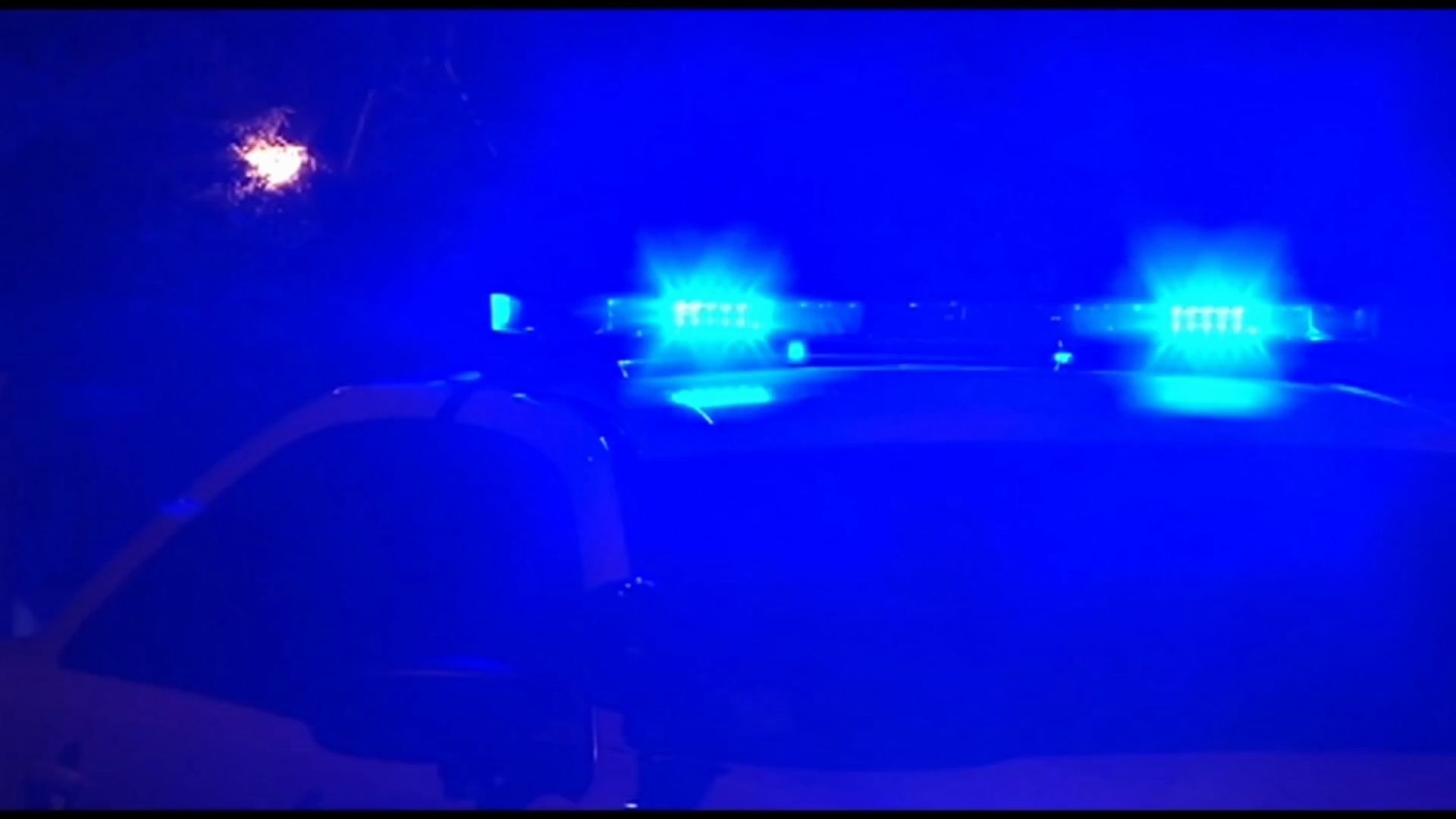Some time this year residents in Illinois will be able to buy, without a prescription, a drug that may reverse heroin overdoses.
The drug is called Narcan or Naloxone. The Illinois legislature approved the sale of Narcan without a prescription and Walgreen’s pharmacists will dispense it.
The ready availability of the drug comes as the state has seen a 3 percent increase in the number of heroin overdose deaths since 2013.
“Heroin has unfortunately grown in its availability and so in that sense it has grown in its severity,” said IdaLynn Wenhold, executive director of the Naperville-based community group KidsMatter.
Brad Gerke, a 31-year-old who has experienced a heroin overdose, agrees.
“People like to call it an epidemic. We like to call it a pandemic,” he said.
Gerke was 18 when he first tried heroin. He overdosed twice. He was 26 when he got clean.
Local
Now, he is a drug counselor and an advocate for the use of Narcan. He has used the drug twice to try and revive overdose victims. Once he was successful. Once he arrived too late.
Narcan or Naloxone is used to reverse the effects of a heroin overdose. It is already sold in Walgreen’s stores without a prescription in a number of states, including Indiana.
A company official says it should be available some time this year in Illinois without a prescription. The cost is $78 and it is covered by insurance.
Each Narcan box contains a trainer to guide the person applying the medication.
“If you are ready to use, pull off red safety guard,” a voice instructs as the process begins. “Place black end against outer thigh. Then place firmly and hold in place for 5 seconds.”
A voice counts down 5-4-3-2-1 until the injection is complete.
“I believe that if it is your child lying on the ground lifeless from an overdose that you would beg for someone to administer Narcan to them so that they would have one more chance,” Wenhold said.
According to Public Health records in 2013 statewide there were 583 heroin overdose deaths. By 2015 the unofficial total jumped to 804.
In both McHenry and Will counties, in that same period, the number of reported deaths has almost doubled. In 2013 McHenry County reported 11 heroin overdose deaths and 21 in 2015.
In Will County the number jumped from 30 to 56.
Jessica, who asked to only be identified by her first name, started smoking pot at 11. And moved to heroin at 16.
“And the first time I did it I felt sick. But I felt high. And I liked it,” she said.
Jails and prison followed, until seven years ago sobriety took hold. Heroin no longer calls her name, she says. But, “If I was using on a regular basis I could get it at my doorstep,” she said, just like ordering a pizza.
“I can offer hope,” said Jessica, who will marry Gerke this fall. “That hope is you don’t have to white-knuckle this. I live free of that bondage of heroin.”



